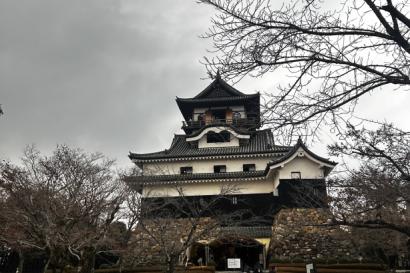One needs only to step foot in the airport to realize Japan is a very expensive country. Rent is incredibly high, especially Tokyo and its surrounding areas, groceries come in small, overpriced portions (especially fruits and vegetables!), handbooks on Japan frequently recommend bringing clothes as cheaper than trying to shop here, and the variety of cute items for sale come with quite the pretty price tag.
It is therefore incredible to me that there are so many families, especially those with children and other relatives, who volunteer as homestays. The monthly stipend families receive for hosting a student barely cover the rent of a single person, and doesn’t take into account the water, heat, electricity, food and other extra expenses that a homestay students need. A homestay family does not do it for profit: truly, being a homestay family is an incredible act of kindness.
I signed up for a homestay placement without very high expectations, thinking I would work on improving my Japanese and get to learn about Japanese life. I didn’t expect the emotional support and encouragement, the delicious daily meals filled with love and customized to my tastes, or the help with complicated homework. I didn’t expect that would actually be adopted as a daughter. My host family in Chiba made me feel so loved and welcomed, and doing homestays throughout my time abroad has been one of the best decisions I've made in my life.
I am overjoyed to feel the same bond developing with my new Nagoya host family. I spend most of my time with my Mom because she's a stay-at-home mom while everyone else is at work or school, and we’ve talked for hours about everything. In these conversations, I've informed her my birthplace is Quito, Ecuador and that one of my favorite local foods are llapingachos, which are these potato pancakes filled with cheese.
Mom took it upon herself to find a recipe and excitedly asked me to come home early on her birthday so we could make it together. My Ecuadorian grandmother was always the one who made them while I happily ate them, but I wasn't about to disappoint my host mother- so I looked up my Spanish recipe and she looked at her Japanese recipe, and we made some llapingachos.
Even though they weren’t perfect- they lacked achiote and taste better when you put the cheese into the potato patties instead of mixing it in- they came out pretty great! Everyone in the family repeatedly told me how delicious they were, and how they were going to tell all their friends about the Ecuadorian meal they were treated to. Mom, expressing a genuine love and interest in my beloved Ecuador, told me she would definitely be making them again in the future. I can't express how much that meant to me.
There are a variety of reasons to become a host family, the primary one being the desire for cultural exchange, but everyone hopes for a student that will click with their family and form a lasting, special bond. I’ve found that when you interact and actively try to become a part of the family, you find yourself forging unbreakable bonds that will carry through a lifetime, if you nurture them well.

Naomi Wolfe
My name is Naomi Wolfe and I am a Japanese major and Sociology minor studying in Japan for the 2016-2017 academic year in the hopes of understanding Japanese culture, people, and society. I studied in the Tokyo Language & Culture Program for the fall semester and cannot wait to see what else I can learn in the Nagoya Direct Enrollment Program in the spring semester!









